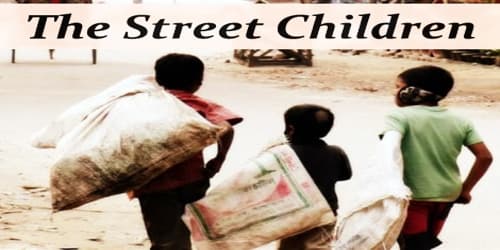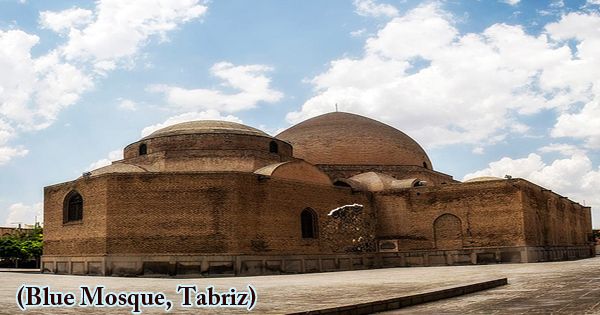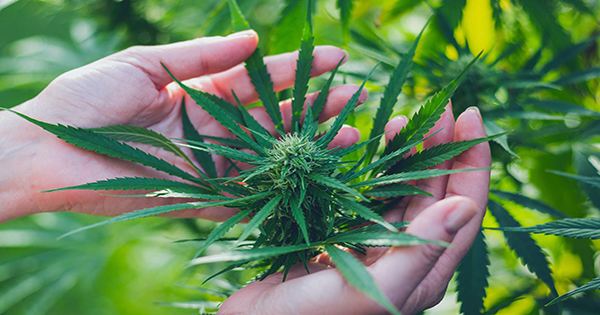Corruption is an incurable social disease. It is very difficult to find out when and why someone is corrupt. Avarice is the main cause of corruption. Limitless demand of the people is another cause of corruption. Besides this, economic insolvency, the ambiguity of laws, unemployment, political instability, lack of patriotism are the main causes of corruption. Corruption is engulfing our total lifespan at a high speed. It seems that it would be difficult for us to distinguish fair from unfair. In a developing and poor country like Bangladesh, the effect of corruption in politics is very devastating. Corrupt politicians misuse state power, use power for their own self and party. Bribery, embezzlement, neglecting administrative duty, nepotism, etc. are administrative corruptions which create depression and grievance among the common people. Corruption in the education system causes disruption in national life. Corrupt people belonging to many institutions help the bad students pass the examination taking a bribe or other opportunities. It is a matter of great regret that the education system of a country is so corrupt. If the backbone of a nation is so corrupt, how they will live – it is a question. Corruption destroys the moral base of the society and the moral character of the public. Eradication of corruption is a crying need for the country’s greater interest. Corruption creates the opportunity for increased inequality, reduces the return of productive activities, and, hence, makes rent-seeking and corruption activities more attractive. This opportunity for increased inequality not only generates psychological frustration to the underprivileged but also reduces productivity growth, investment, and job opportunities. To make the country free from corruptions, citizens of all classes should be responsible, accountable, dutiful and considerate. To build up a sound and potent generation we should ensure a corruption-free society as well as a corruption-free country.
Corruption
















